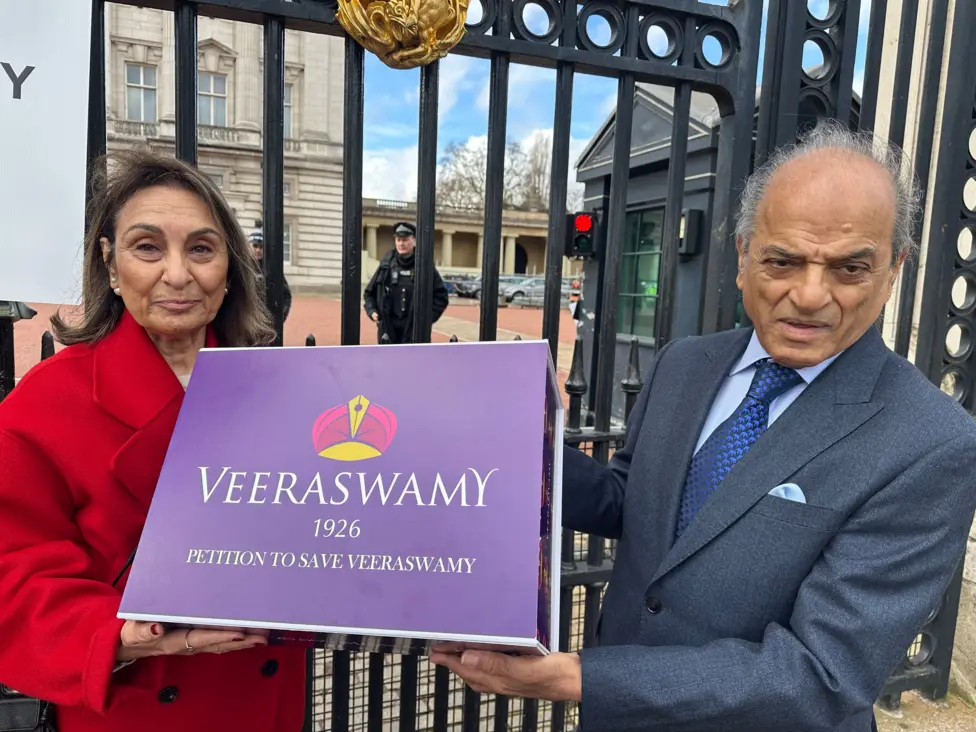Budget submission of employment body says skills are the new currency, and Ireland’s tax take must support intense global competition for talent.
Internationally, skills are the new currency, and Budget 2025 must prioritise workforce planning and strategic skills development, in order to allow Ireland compete for investment, the Employment and Recruitment Federation (ERF) insists. Unless we meet current labour market needs, we will hamper future economic success, Siobhan Kinsella, ERF President and Managing Director at Strategic Placements Dublin, says.
“At the most basic level, competitive personal income tax and incentives must prevail, so Ireland can attract talent, and bolster our reputation as a location in which to work and invest”. Ireland’s top personal tax rates of 52% to 55% remain in the top ten of the EU’s highest.
And the low entry point to the top rate, €42,000 for a single taxpayer, is concerning for inward investors, with these marginal tax rates out of line with international standards, the ERF maintains. “The Budget must reduce personal tax burdens,” Siobhan Kinsella adds.
“They are highest for the self-employed, at 55%, and a disincentive to entrepreneurship. This move, in turn, would mean higher disposable income, to encourage consumer spending and domestic demand”.
Labour market constraints threaten economic growth, with Ireland’s unemployment rate at around 4%, practically full employment. The skills shortage has implications for the delivery of infrastructure and services, including health, education, regional development, housing and childcare for a growing population, the ERF budget submission reads.
“With digitalisation and globalisation, businesses and people are both increasingly mobile. If our tax base is not widened and our personal tax rates reformed now, when there is a surplus, we risk damaging enterprise which, ultimately, challenges the personal tax base in the future and our ability to attract further investment and jobs”, the ERF President said, while confirming that around 78% of income tax paid is by those earning €60,000 or more.
The ERF Pre-Budget 2025 submission elaborates on a statement by former Minister for Finance, Michael McGrath, in the Dáil in February last, claiming that “high marginal tax rates can create a strong disincentive to work, and could cause harm to our international competitiveness and make Ireland a less attractive place for investment” The business group has called for Budget 2025 to amend the personal tax regime, to reduce the top combined tax rate for a worker from 52%-55%, to no more than 50%.
When just 10 companies were responsible for 52% of corporation tax receipts in 2023, the ERF advocates that Government invests significantly in the country’s talented workforce, and those who may wish to join it. It is also noted that encouraging greater inward migration will be necessary to support certain sectors, like healthcare, hospitality, construction and retail.
Encouraging people to return to work and allowing social wage ‘safety nets’, is also contained in the trade group’s submission, to incentivise and encourage welfare recipients to take up and remain in employment. There is significant opportunity to remove ‘cliff-edges’ in the tax and welfare systems, so people are incentivised to take up and remain in work, and do not artificially restrict their work hours, or even refuse promotions, due to tax or social welfare concerns, Siobhan Kinsella comments.
“The tax and social welfare systems can work together, and with the labour market, to allow a gradual transition back to work that facilitates training and staying in employment, through seamless access to State subsidies like ‘Back to Work’ and ‘Family Income Supplements’”. The ERF Budget submission also advocates a childcare tax credit, better remote working reliefs, and PRSI and USC surcharge reform, to support the labour market and the retention of workers.
The ERF is urging that Government unlock the surplus in the National Training Fund, which could reach €1.9bn in 2025, to support additional capacity creation and transforming labour market skills. Strategic investment in reskilling and upskilling, including additional training reliefs for employers, is proposed, as an essential pathway to protecting jobs, growing living standards, and boosting productivity, while supporting enterprise development.











